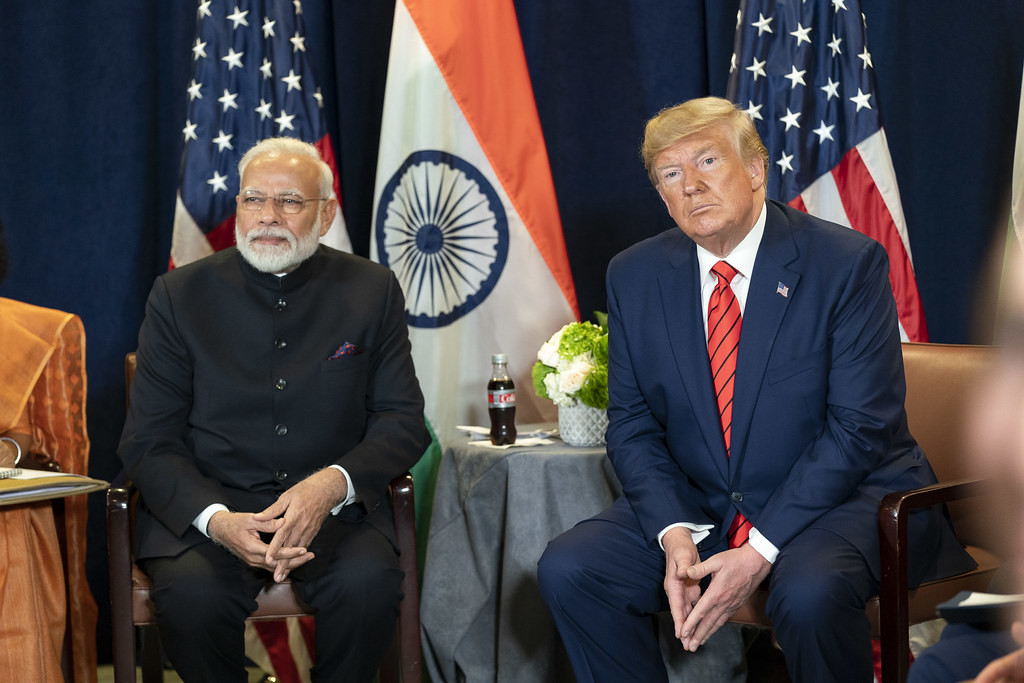Based on in-depth analysis of opinion polls available for the countries of the Middle East and North Africa, the book discusses the political quietism prevailing in the major oil exporters of the Gulf. It introduces the concept of “hydrocarbon citizens” to characterise and explain this prevailing attitude.
When is a good time to write a book based on opinion polls? Opinions may, and do, change rapidly, and polls have a short shelf life. Political scientists badly need some empirical foundations to substantiate their theoretical insights, and have a hard time finding reliable data. “Hydrocarbon Citizens” is a discussion of the attitudes of citizens (or “nationals,” maybe more appropriately “subjects”) of oil rich countries in the Middle East towards their respective states and governments (or “rulers”). We would of course wish to have more systematic and thorough gauging of popular opinion in these countries, but the offer is strictly limited. The strength of the book is in the detailed discussion and analysis of data derived primarily from the first five waves of polling by the Arab Barometer (the last of these dating from 2018-19; three more waves have been conducted in the meantime), as well as two original surveys (conducted by the author? This is not clearly stated) focusing on Saudi Arabia and the UAE, carried out in 2018. The Arab Barometer polled Saudi Arabia only in 2011, and never polled the UAE.
In the years between the conduct of the polls and the publication of the book, plenty of things have happened in the world and the region. As I write these lines, the collapse of the Bashar al-Assad regime in Syria is still quite fresh, and Donald Trump and Benjamin Netanyahu are busy “remaking” the Middle East, with potentially profound consequences throughout the region.
The main empirical findings of the surveys are numerous and interesting, although mostly in line with expectations, which generally converge in believing that autocracies in the major Gulf oil-exporting countries are stable political power structures, and the people accept them as such. There are multiple explanations of the observed political apathy: one might simply recall the lack of freedom of information, the incessant propaganda dished out by state-controlled media, the personality cult, the granular control exercised through surveillance of social networks and other electronic tools (the uptake of which is vigorously promoted), and, finally, harsh repression of any even mildly dissenting voice. It should be questioned to what extent respondents to the various surveys truly felt confident that they could speak their mind and not risk retribution.
The book proposes its own original explanation of the political apathy, introducing the concept of “hydrocarbon citizens.” While the by now classical interpretation based on the rentier state paradigm is not refuted, but used at times in parallel, it is somehow viewed as insufficient:
The book’s main contention is that oil’s impact in the Middle East can be observed in the attitudes, beliefs, and values of average citizens as they relate to politics and the government. It argues that an important— but until now overlooked— consequence of oil’s dominance in the Middle East is that it gave rise to “hydrocarbon citizens,” who share a set of views and attitudes that distinguish them from citizens of non-oil states.
Three explanations are offered to explain the formation of “hydrocarbon citizens”:
The first is the unpredictable nature of an economy based on oil exports. (…) citizens’ (…) most logical course is to put faith in the government to serve as a powerful, constructive force in managing an oil-based economy. The second factor is the difficulty of benefiting directly from oil production as an individual citizen. (…) The third factor is past transgressions by Western oil companies during the initial decades of oil production. The exploitation of the Middle East’s oil by Westerners led to popular oil nationalization movements that called on governments of oil producing nations to play a more active, paternalistic role in the economy and society.
There is little or no empirical support, in the opinion surveys, to the importance and validity of these three explanations. Concerning the unpredictable nature of an economy based on oil exports (i.e. presumably the volatility of oil prices causing wide oscillations in oil revenue) the record of Gulf countries (and indeed almost all oil exporting countries’ governments) has not been very good, as fiscal policy has mostly been pro-cyclical, and displayed little ability to compensate for the vagaries of oil income. Concerning the inability of most individual citizens to directly benefit from oil production, this is surely the case, but the point is that subsoil resources are controlled by the state, which appropriates the mineral rent as effectively as it is able to. Only in the United States, where the owner of the land is also owner of the subsoil, can individuals benefit directly, by capturing a share of the oil rent through royalties. Finally, resource nationalism and animosity towards foreign oil companies has certainly played a role in Iran, Iraq or even Kuwait; but surely not in Saudi Arabia, even less in the UAE or Qatar.
The rentier character of oil exporting states in the Gulf (i.e. the fact that the state is paid by a rent accruing from abroad, rather than taxes paid by its own residents) goes a long way in explaining the lack of a demand for accountability. It does so all the better if combined with consideration of regional political developments in the Arab World. The regional nature of the Arab Spring is only too evident, with calls for democracy and political change spreading quickly throughout the region from the original spark in Tunisia. It is not by chance that the one country in the Gulf that was engulfed in the movement was Bahrain, until Saudi Arabia intervened militarily to put an end to it. In the same vein, all Gulf countries moved to drastically restrict the limited space for political debate that was open until then, and actively undermined all transitions underway in the rest of the region. Obviously, they felt acutely vulnerable to regional developments.
In this, the exception has been Qatar–another rentier state, but one whose leadership sought to support the Islamist political forces that democratisation invariably brings to the fore in the region. Qatar’s stance caused a violent rift within the Gulf Cooperation Council, which threatened the very independence of the emirate, and has since only superficially been mended. In the Middle East, all regional politics are domestic, and political change in any country affects them all.
The book does not discuss popular opinion concerning regional developments. The author does note that “Even if oil wealth negatively affects democracy through these mechanisms, some may presume that the Arab Spring boosted the odds of democracy among the oil producers. The Arab Spring was the region’s largest pro-democracy movement to date, and it would be reasonable to suppose that the broad spread of democratic ideals raised the likelihood that people in the oil producers will increasingly demand democracy.” This might indeed have been the case, had democratic experiments been allowed to flourish. Alas, the only examples of very partial democracies to be found in the region (Iraq, Jordan or Kuwait) are not especially appealing.
This is a review of: Hydrocarbon Citizens: How Oil Transformed People and Politics in the Middle East. By Nimah Mazaheri. (Oxford Academic Press, 2024). ISBN: 9780197636725
Giacomo Luciani holds positions at Sciences Po and Geneva University, he writes on the political economy of the Gulf countries. His latest contributions are “Saudi Arabia—Beyond the Rentier State?” in J.Sfakianakis ed. The Economy of Saudi Arabia in the 21st Century Oxford University Press 2024; and “Oil and Rentierism in the Gulf” in Almezaini and Alexander eds. An Introduction to Gulf Politics Cambridge University Press forthcoming.
This article is published under a Creative Commons License and may be republished with attribution.




